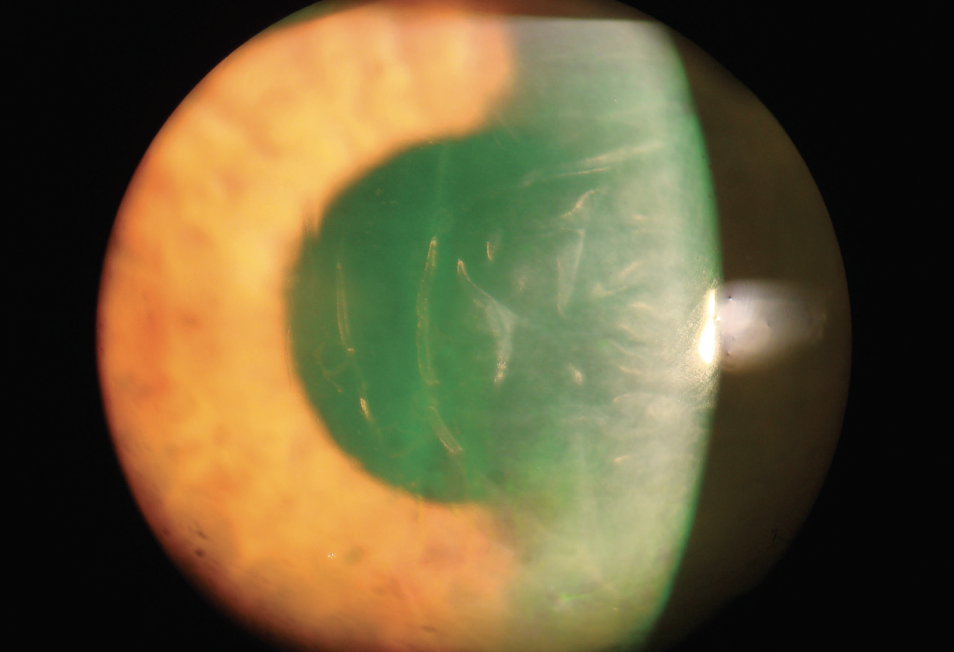As the most common ophthalmic procedure performed in developed countries, cataract surgery is responsible for a substantial portion of eyecare expenses, accounting for 60% of Medicare eyecare costs. While these patients are typically evaluated postoperatively at one day, one week and one month, evidence is lacking on the necessity of this traditional postoperative schedule for uncomplicated cases. Given cataract’s increasing incidence worldwide and the ever-safer techniques in use by surgeons, it’s necessary to periodically revisit these postoperative care recommendations with an eye toward reducing the burden on practices and patients, especially those who experience healthcare disparities.
 |
|
|
To investigate whether the post-op week-one visit can safely be omitted, a team of doctors recently conducted a retrospective record review and published their findings in Optometry & Vision Science. Though they found that the complication rate at one-week post-op was not low enough to justify omitting this visit, they noted that future research may help determine if telemedicine could be a viable option for postoperative exams.
The study analyzed the records of a primarily Black and African-American population in an urban setting (n=72 eyes). All consecutive patients underwent phacoemulsification with one surgeon affiliated with the Illinois Eye Institute at the Illinois College of Optometry in Chicago. Only subjects with no complications at one-day post-op were included in the review.
At one-week post-op, complications were detected in 15.3% of patients, 5.6% of whom required a treatment change. The most common complication observed was central corneal stromal edema (eight patients; 11%), followed by central microcystic corneal edema, increased intraocular pressure and hypotony, which each occurred in one patient (1.4% for each).
The researchers determined from these findings that, “Omitting the one-week postoperative examination would result in missed complications in 4.48% to 15.97% of patients and failure to make unexpected management changes in 1.78% to 13.84% of patients,” the team wrote in their journal article.
There have been mixed results in other studies that have evaluated the outcome of omitting the postoperative week-one exam. For example, the authors cite one study in their paper involving 1,000 patients that found a similar 4.1% complication rate at one-week post-op, 51% of which had an uncomplicated history. However, another study on 1,510 patients found that only 0.9% of patients required an unexpected management change at one-week post-op.
One possible way to identify patients who may be able to safely skip the one-week follow-up is through telephone surveys. The researchers cite several studies in their paper that reported high levels of patient satisfaction with telephone follow-ups for patients who underwent uncomplicated cataract surgery. Additionally, these surveys were also found to accurately predict the need for unexpected management changes.
Considering the small sample size in this study, the researchers advise in their paper that “clinicians should consider whether it is safe to omit the postoperative week-one examination and risk failure to identify and treat complications.” Future research will also be able to determine whether telemedicine has a place in postoperative care for cataract patients.
McLaughlin M, Salazar P, Piser D, Bands T, Shpountova K. Is it safe to omit the one-week postoperative examination after uncomplicated phacoemulsification? Optom Vis Sci. September 6, 2023. [Epub ahead of print]. |

